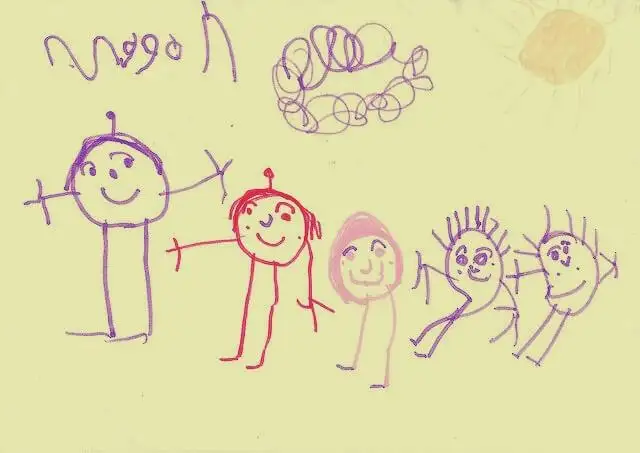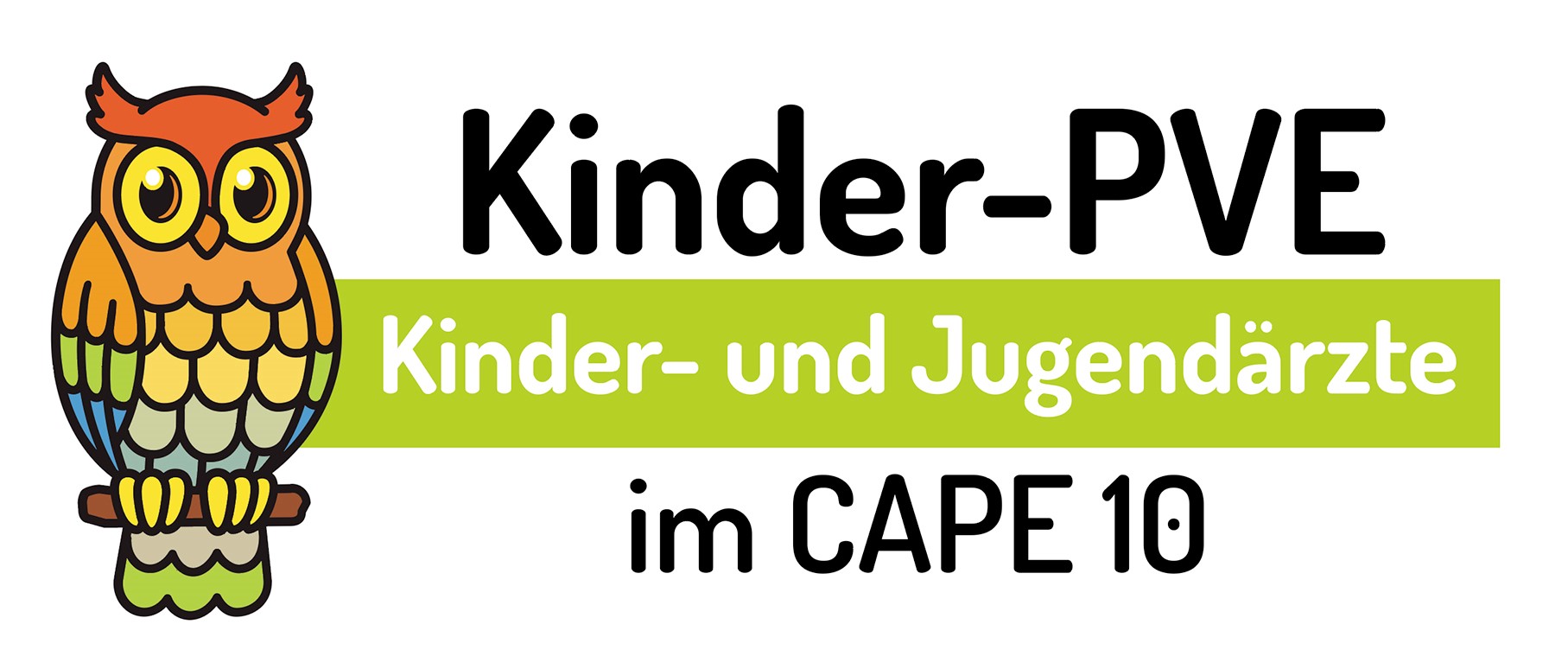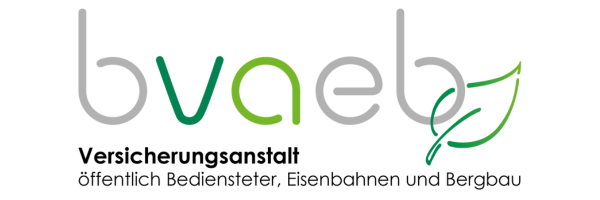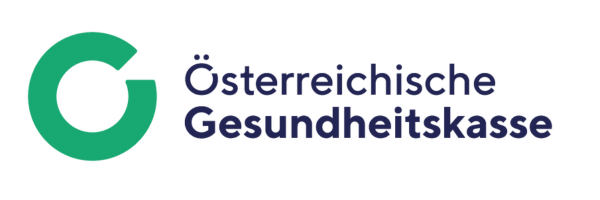Here you will find all the important information about our services for paediatric psychotherapy and diagnostics.
Child psychotherapy
The procedure:
Treatment always begins with an assessment phase. The type and duration of treatment depend on the patient's medical history, questions and concerns of the parents. Usually, within the framework of Counselling sessions Together with the parents, we work out how more room for manoeuvre can be regained for everyone involved. It often makes sense to also work individually with the child.
Child psychology offers our patients support with the following issues:
- Educational issues of all kinds,
- Developmental crises, such as the defiant phase, starting kindergarten and school, puberty,
- Crying and sleeping problems,
- Feeding problems, problems getting clean
- Enuresis, defecation,
- Development restrictions and delays
- chronic and psychosomatic illnesses (headaches, stomach ache, ...)
- Learning difficulties and school problems,
- family changes, such as separation and divorce of parents,
- Behavioural problems in the social sphere,
- Attention problems and hyperactivity (ADHD),
- depressive moods,
- emotional difficulties (fears, self-esteem problems, ...)
- Addiction and eating disorders,
- Stress prevention (relaxation techniques)
- traumatic experiences, such as death/loss of a relative, violence, sexual abuse.
- Autism spectrum disorders
Clinical-psychological diagnostics/counselling/treatment
Clinical and health psychology offers clinical-psychological diagnostics in childhood and adolescence. The aim is to clarify various issues and to bring about a differentiated planning of interventions to reduce psychological abnormalities and improve well-being.
Typical questions in childhood and adolescence, for example:
- Clarification of developmental delays in various areas
- school performance (e.g. learning problems, partial performance disorders, concentration difficulties, ...)
- Behavioural problems and social difficulties (e.g. aggressive behaviour, inhibited behaviour, depression, anxiety, enuresis, encopresis)
- Psychosomatic complaints (e.g. unclear abdominal pain, headaches, ...)
The procedure: There are several dates.
1st appointment: Anamnesis with the child's parents (without child, from adolescence with adolescents and parents together)
2nd and 3rd appointment: Depending on the issue, different standardised test procedures and behavioural observation of the child are used. The number of appointments may vary. In addition, standardised questionnaires and interviews with parents, caregivers, teachers and educators are used to collect information that helps answer the question.
4th appointment: Feedback meeting with parents (together with the child, depending on age), discussion of test results and support measures.
Mental illness in children is not uncommon and nothing anyone should be ashamed of. Non-visible wounds should be taken just as seriously as physical wounds.
Support your childPsychotherapy can help children and adolescents to improve their mental health and increase their quality of life.
Read more about mental illness in children and adolescents:






